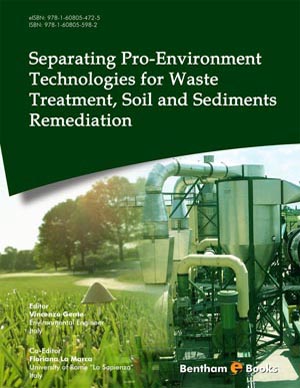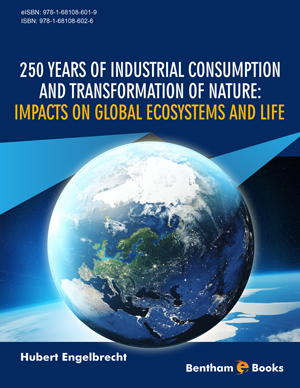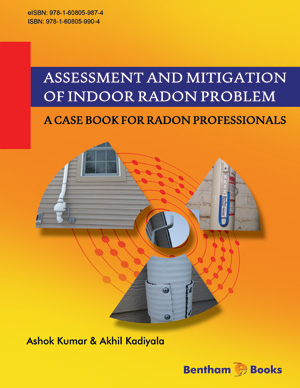Abstract
Sensor based sorting consists of the separation of single particles on the basis of identifiable material attributes that can be measured by suitable detectors. This technique has revolutionized the design of mechanical treatment processes especially in the field of dry waste separation systems. The complexity and the number of sensors are the main determinative factors influencing the separation results. Today, newly developed devices are often equipped with a combination of different sensors in order to recognize multiple material properties in a single step, whereas, the sensor data are evaluated in real-time by a computer system. As a consequence, these devices guarantee excellent separation efficiencies in comparison with those having single sensors. Additionally, the advancing development of new sensor systems makes new fields of application in waste treatment accessible.
Keywords: Sensor sorting, Waste processing, Resource recovery, Selective separation, Recycling.












